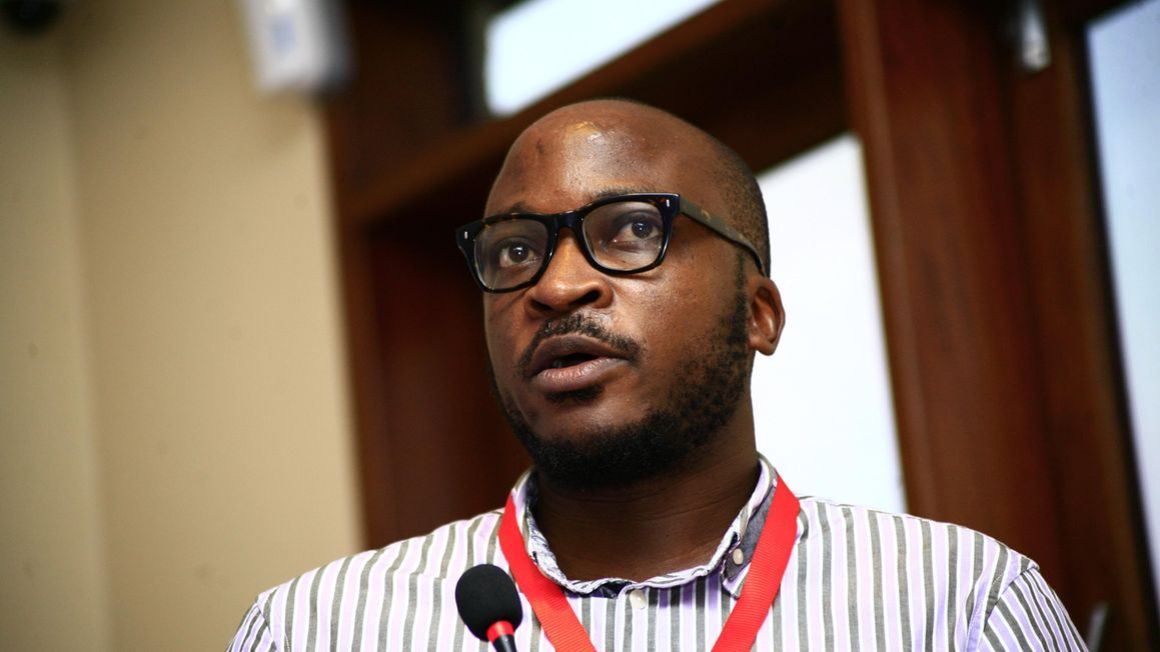The rats have gnawed our public finances, so who will bell the cat?

Daniel K. Kalinaki
What you need to know:
- But how are we to explain a supplementary budget request to pay for hosting guests at the President’s swearing-in? Was it a snap election?
The appointment of the amiable Ramathan Ggoobi as the top mandarin at the Finance Ministry earlier this year was received with widespread excitement and interest. For many years, Ram wrote a column in the tiny Sunrise newspaper that combined common sense arguments with rational economic theory for the attention of the powers-that-be.
Few people read the column – not in protest, mind, but by dint of the newspaper’s miniscule circulation – but Ram’s arguments would soon find wider audiences on the speaking circuit, and on Twitter. Thus his appointment as Permanent Secretary and Secretary to the Treasury, raised expectations, which the passage of time will eventually bring into relief.
It is perhaps still early days and your columnist has not had an opportunity to hear or assess Ram’s first-100 days plan. But the enormity of the task ahead of Mr Ggoobi has been laid bare by the leak, online, of a request from his ministry for a supplementary budget. Before we get into the details, let’s explain the budget landscape.
In years gone by, the budget was a closely guarded secret whose details were pored over at the Finance ministry by middle-aged technocrats dressed in ill-fitting suits. Their slicing and dicing of the national cake was mostly done opaquely and quietly, the silence broken by a word here and there, the crunching of a beef samosa between long-serving civil service jaws, or the slurping of a mug of African tea, spiced.
The results of their labours – the budget, not the potbellies – would be revealed on Budget Day with a speech full of secrets and surprises. That all changed a few years ago with reforms designed to make the budget process more predictable and transparent.
Most of it now happens in the open, with the government’s spending plan presented several months before to allow Parliament and other interest groups weigh in and defend or define their needs. This predictability and transparency is meant to take the drama out of the process and avoid surprises.
That’s the theory. In practice, this reformed budget-making process is increasingly becoming a performative tipping of the hat to process and pesky donors or a perfunctory visit to the confession booth on Sunday morning before a return to weekday life of petty crime.
The budget is drawn up, read, then ripped up. Within weeks of every new financial year starting in July requests for supplementary budgets are then presented for approval, sometimes for expenditures that have already been incurred. It is understandable if these are emergency and unforeseen expenditures – an outbreak of disease, fire, an earthquake or same such.
But how are we to explain a supplementary budget request to pay for hosting guests at the President’s swearing-in? Was it a snap election? Did someone decide at the last minute to throw a surprise swearing-in party?
What operational shortfalls have befallen our gallant men and women in the UPDF to require an additional Shs400 billion within two months of the new financial year? Did we start a war against aliens on Mars that we have not been informed about?
And how can a country where millions are reeling from the economic effects of the pandemic, and where teachers were promised a yet-to-be-delivered relief fund of Shs20 billion, believe the best use of its money is to spend eight billion on vehicles for senior presidential advisers?
Why the hell does the Minister of State for Economic Monitoring need a car worth Shs550 million – enough to pay the monthly salary of more than a thousand teachers? What happened to the old vehicle? Wouldn’t they be able to monitor the economy or advise the President if they went around in Uber or Japanese cars that cost a third of that? And why is State House spending Shs50 billion on manufacturing vaccines?
One of the first things the new PS/ST promised to do was to explore why many multinationals are failing and upping stakes from the economy. He might want to spend more time looking inside the public finance architecture and performance of the budget. Simply put, we are a poor country that spends money it does not have, to buy things we do not need, to impress or reward people who do not care or matter.
The rats have gnawed through our public finances. The question is whether the new man at the helm – or anyone – has the mettle to bell the cat.
Mr Kalinaki is a journalist and poor man’s freedom fighter.
[email protected]; @Kalinaki




